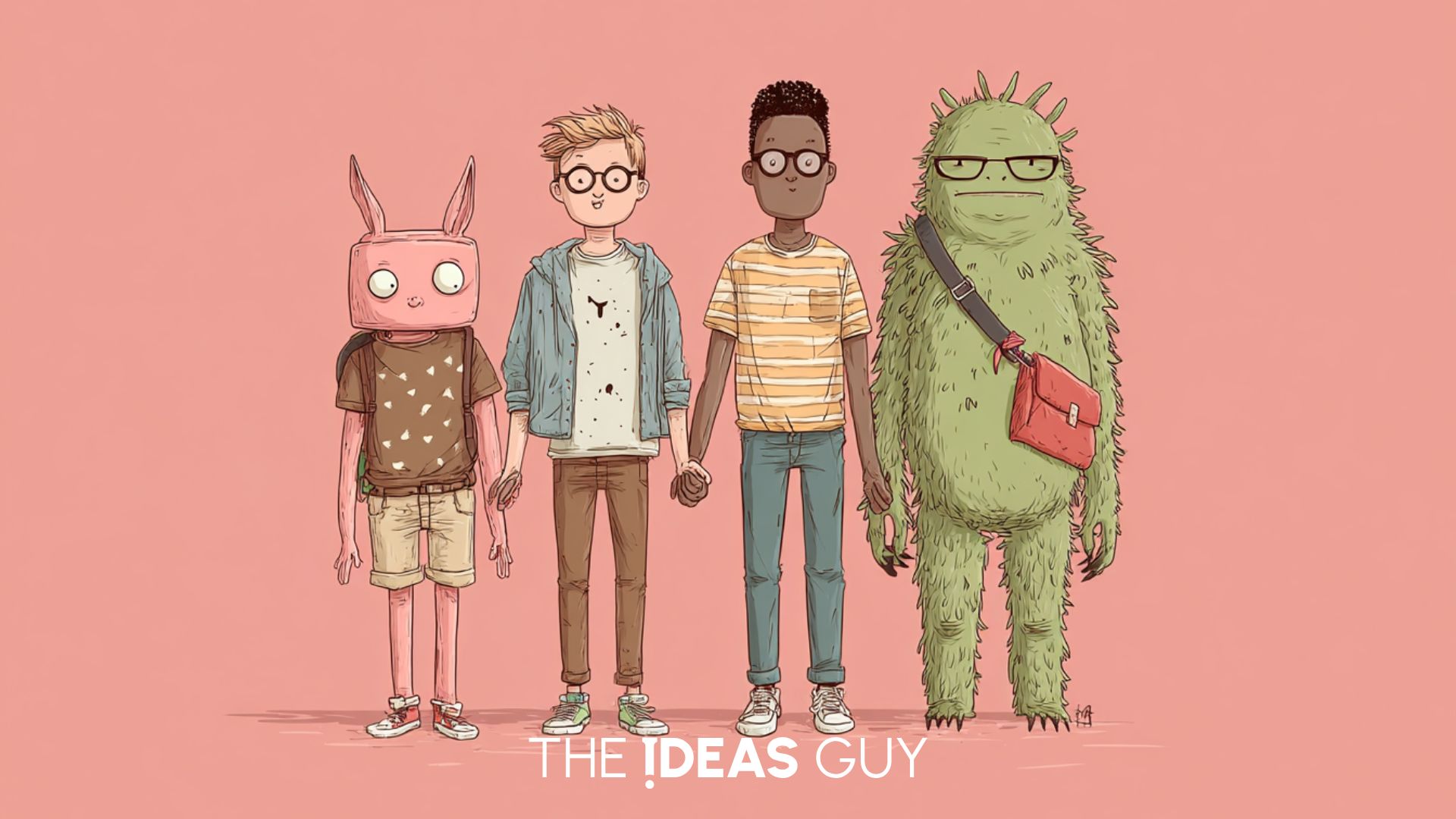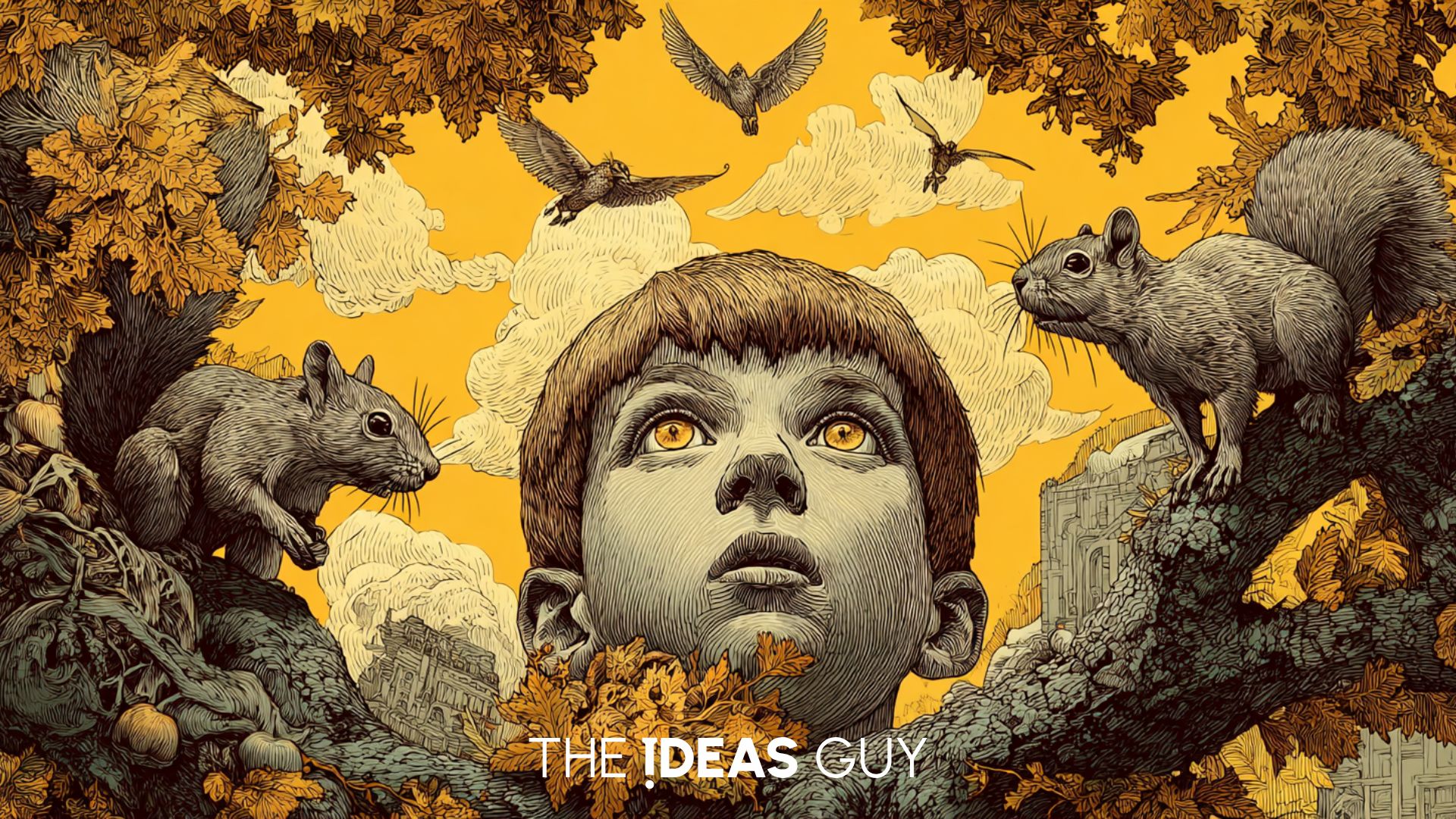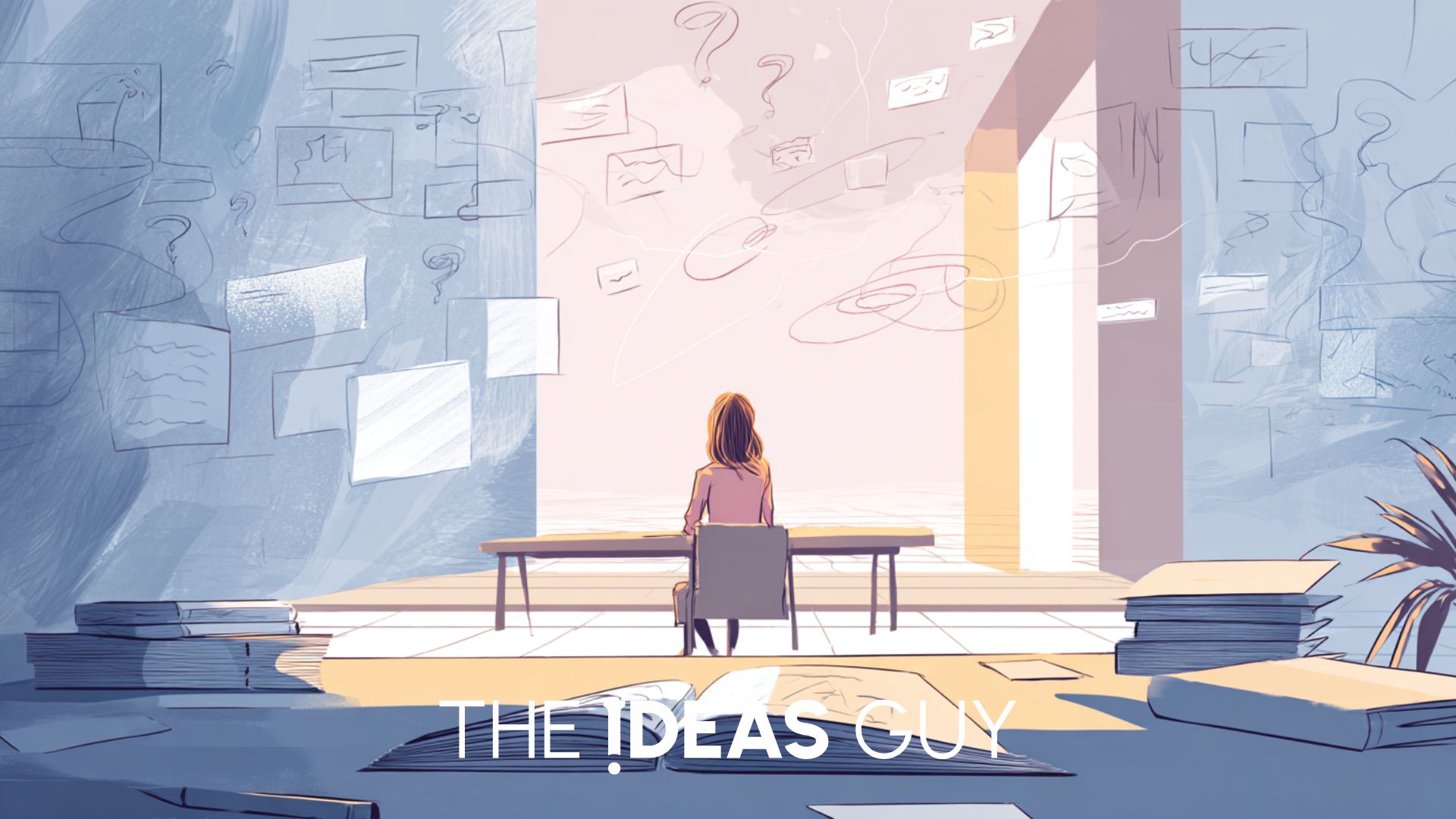We've been sold a lie about friendship. The cultural narrative suggests there are two types of people in our lives: friends and strangers. You're either in the inner circle or you're not. This binary thinking is not just simplistic - it's actively harmful.
Current research examining 20 million Facebook users reveals something fascinating about our social connections. The poorest 50% of people in the UK still have about half (47%) of their friendships with high-income people, compared to about 39% in the US, suggesting our friendship patterns are far more nuanced and consequential than we realise. These aren't just social pleasantries; they're economic lifelines, emotional support systems, and pathways to opportunity.
Yet we persist in treating friendship as if it's a simple on-off switch. You're either best mates or you're nothing. This crude categorisation leaves us feeling confused when the work colleague we genuinely enjoy doesn't invite us to their wedding, or disappointed when the university friend we had brilliant adventures with seems to have nothing in common with us five years later.
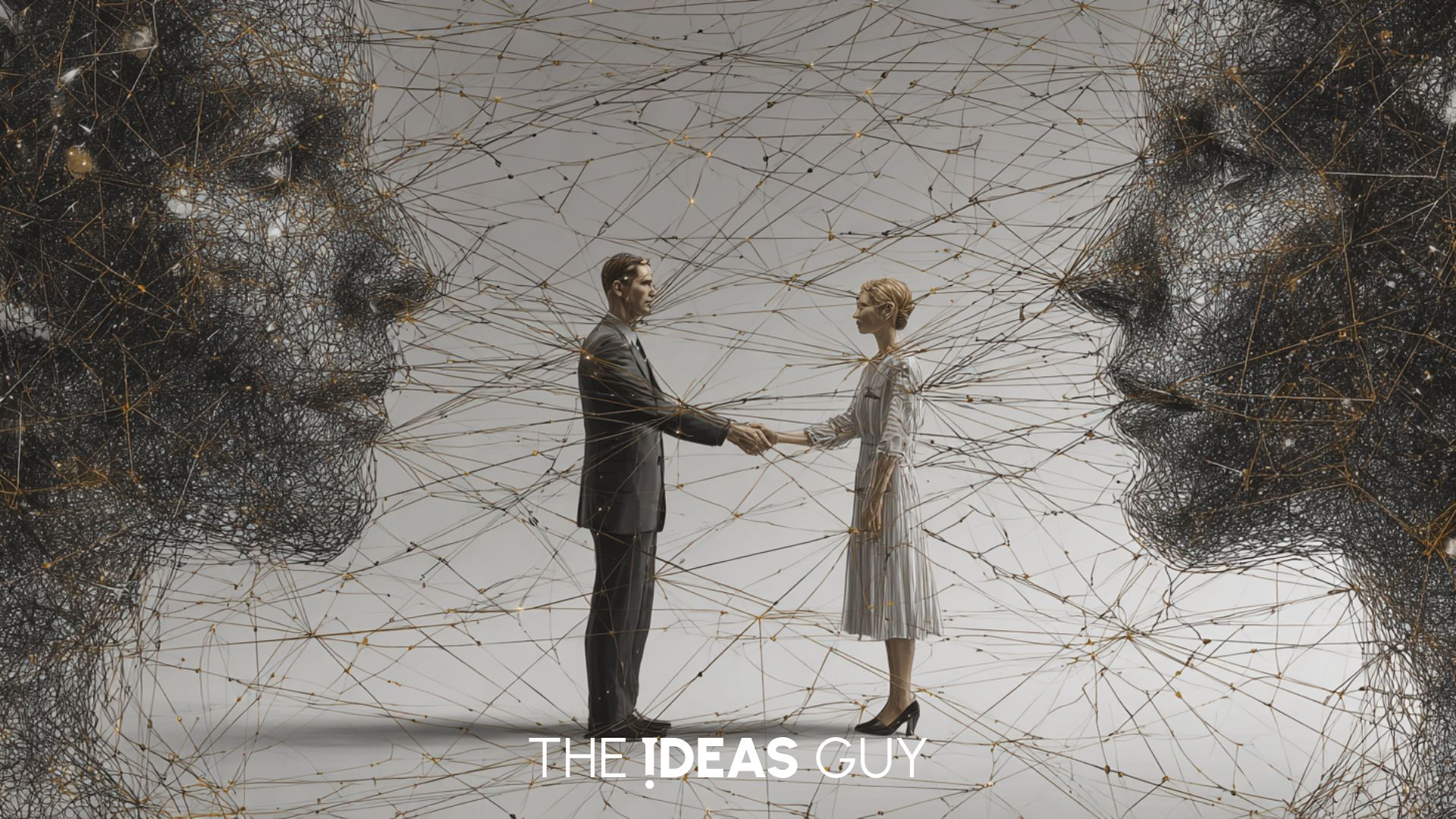
The pandemic brutally exposed these fault lines. Some relationships withered under physical separation while others deepened through video calls and socially distanced walks. But rather than learning from this natural sorting process, we often felt guilty about the relationships that didn't survive, as if every connection should be equally resilient.
It's time for a more sophisticated understanding of human connection. Not all friendships are meant to last forever, transcend every life change, or meet every emotional need. Understanding the different types of friendship isn't about creating hierarchies - it's about setting appropriate expectations and investing our limited emotional energy more wisely. And it’s cost me more time, tears and trouble than I care to admit learning some of these lessons.
When Convenience Creates Connection
The utility friendship gets a bad rap. We dismiss relationships built around shared circumstances as somehow lesser, more shallow, less "real" than other connections. This is bollocks (pardon the language).
Your gym buddy who spots you during bench presses, the parent you chat with at school pickup, the colleague who remembers you take oat milk in your coffee - these aren't consolation prizes in the friendship lottery. They're essential threads in the social fabric that makes daily life bearable, sometimes even pleasant.

Work (44%) and school (41%) are the most popular origin points for our close friendships according to one study, which tells us something important: many of our deepest relationships actually began as utility friendships. The distinction isn't where they start but where they go.
The error lies not in having utility friendships but in expecting them to behave like something they're not. When I left teaching after fifteen years, I was genuinely hurt that most of my staffroom relationships didn't seamlessly transition into my new life. But expecting a relationship built around shared professional frustrations and corridor conversations to survive a complete career change was like expecting a squash partner to also serve as my therapist.
Utility friendships are contextual by design. They exist because you share circumstances, schedules, or environments. They provide social lubrication for otherwise challenging situations and can offer genuine warmth, support, and even moments of real connection. But they're not designed to be portable.
This doesn't make them meaningless. The Greggs employee who remembers your regular order and asks about your weekend is performing an act of social kindness that brightens your Monday morning. The fitness class instructor who notices when you're struggling and offers encouragement is meeting a genuine human need for recognition and support.
The problem comes when we either dismiss these relationships as trivial or burden them with expectations they can't meet. Both responses miss the point. Utility friendships serve specific functions and deserve appreciation for what they actually provide, not criticism for what they don't.
Forged in Fire
Some friendships aren't chosen, they're forged. Military service, hospital wards, redundancy programmes, bereavement support groups, or surviving particularly toxic workplaces (or churches!) create bonds that would never form under normal circumstances.
These circumstantial friendships can be surprisingly intense precisely because they're borne from vulnerability and mutual support during challenging times. There's something profound about people who've seen you at your worst and didn't run away.
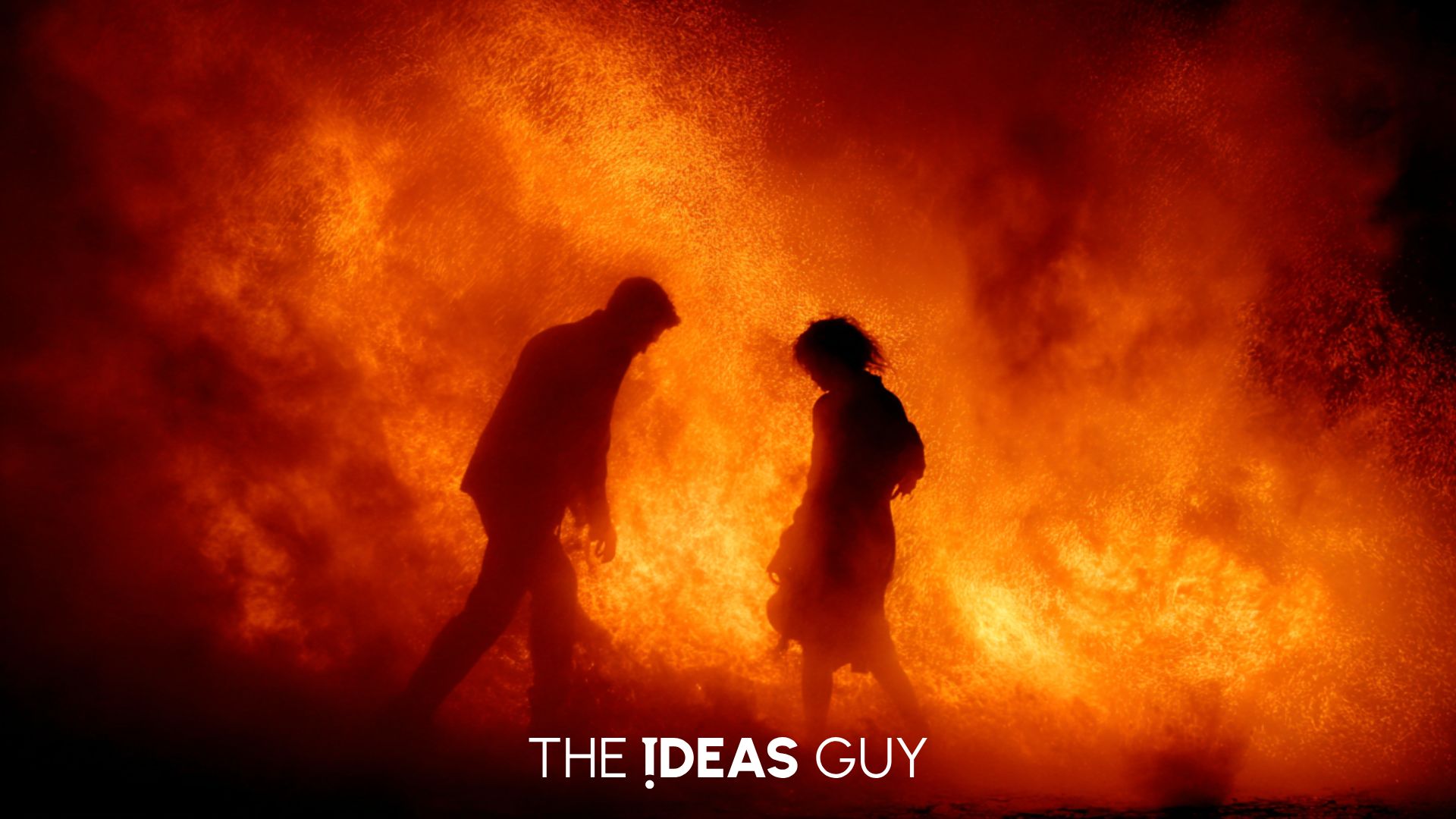
One example are the peculiar bonds that form in hospital waiting rooms. Strangers united by nothing more than anxious vigil find themselves sharing intimate details about their lives, offering comfort to people whose names they don't even know. The woman getting her biopsy results connects with the man whose father is having surgery, not through choice or compatibility, but through the raw democracy of worry.
But what's interesting about circumstantial friendships is that they're often tied to specific emotional states or life phases. When the crisis passes, the intense bond that sustained the relationship may fade. This can feel like betrayal or abandonment, but it's actually quite natural.
The veteran who returns to civilian life may find that relationships forged in combat don't translate to peacetime concerns. The divorced friends who supported each other through messy separations might drift apart once they've rebuilt their lives. The parents who bonded over sleepless nights with newborns may discover they have little else in common once the children are older.

This doesn't negate the genuine value these relationships provided during their season. The mistake is expecting every intense connection to be permanent. Circumstantial friendships often serve as emotional scaffolding - crucial support structures during construction that become less necessary once the building is complete.
Understanding this pattern can help us appreciate these relationships without clinging to them inappropriately. Sometimes the most loving thing we can do is recognise when a friendship has served its purpose and allow it to naturally evolve or fade without drama or recrimination.
The Geographic Lottery of Local Connection
Proximity matters more than we'd like to admit. Research consistently shows that we're far more likely to form friendships with people who live nearby, work in the same building, or frequent the same coffee shop. This isn't because we're shallow, it's because relationships require repeated, unplanned interactions to develop.
Geographic friends are the product of location rather than selection. They're your actual neighbours (not just the people you nod to), regulars at your local pub, parents from your child's school, or members of community groups. What binds you together isn't shared interests or values, it's shared space.
These relationships can be wonderfully enriching precisely because they're not curated. Unlike friendship groups we consciously assemble around shared interests or values, geographic friends introduce us to different perspectives, life experiences, and ways of being. The retired teacher next door, the plumber who drinks at your local, the grandmother who walks her four dogs at the same time you do - they can offer insights you'd never encounter in your professional or social bubble.
Younger generations are also less likely to have met close friends in their local area: just 5% among 16-24-year-olds, compared to 34% of those 60 or older apparently. This shift reflects changing social patterns but may represent a genuine loss. Geographic friendships provide social rootedness and community connection that purely elective relationships often can't match.
But geographic friendships face unique challenges. They're vulnerable to life changes - house moves, children leaving home, retirement from local activities. They can also be complicated by proximity. When things go wrong with a geographic friend, you can't simply avoid them - you'll keep bumping into them at the shops.
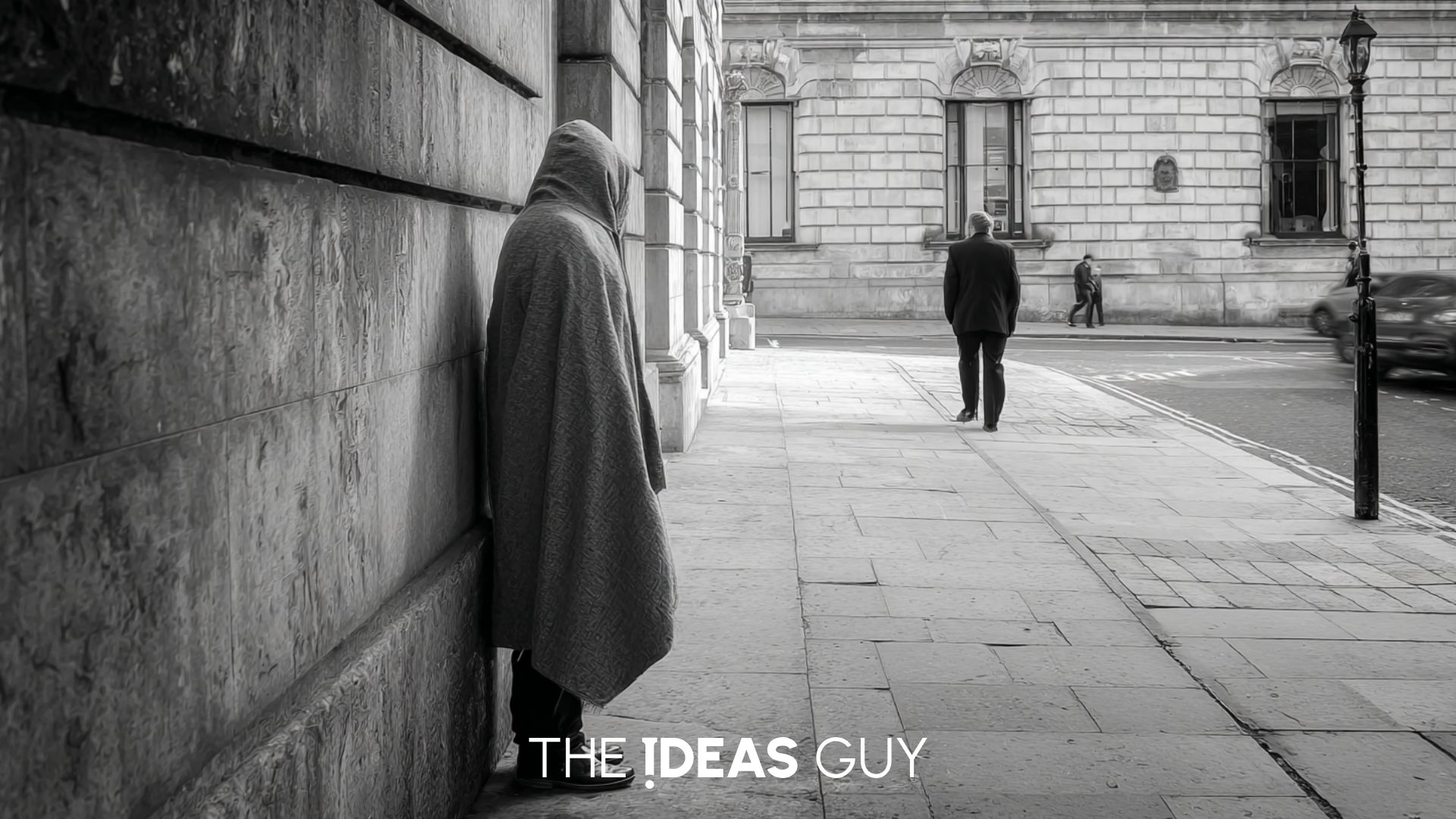
There's also the challenge of depth. Some geographic friendships remain pleasantly superficial for years; cheerful waves, brief conversations about the weather, mutual assistance with bins and parcels. This isn't failure; it's a perfectly functional form of social connection. But it can leave you wondering whether these relationships have the potential for deeper connection.
The key with geographic friendships is recognising their particular value without forcing them into inappropriate moulds. They provide community, routine social contact, and practical support. They help create a sense of belonging to a place rather than just living in it. That's worth celebrating, even if they don't meet every friendship need.
The Depth of Affinity
Then there are the friendships that seem to transcend circumstance entirely. These are relationships built on genuine affinity - shared values, complementary personalities, or simply that mysterious sense of recognition when you meet someone who "gets" you.
Affinity friends are the ones you can talk to for hours without noticing time pass. They're the people who understand your references, laugh at your jokes, and share your outrage about things that don't bother other people. With affinity friends, conversation flows naturally because you're operating from similar wavelengths.
They are the people you send inappropriate memes to because you know you will get three in return!
These relationships often feel special precisely because they seem chosen rather than circumstantial. You didn't become friends because you worked together or lived nearby - you became friends because you genuinely enjoy each other's company and perspective. There's a sense of mutual recognition and appreciation that goes beyond convenience or circumstance.
But affinity friendships have their own vulnerabilities. They can be intense but fragile, particularly when they're based on specific shared interests or life phases. The friend who shares your passion for obscure music might drift away when your tastes evolve. The couple you bonded with over mutual experiences of new parenthood might become less central when your children are older and your concerns have shifted.
There's also the risk of echo chambers. Affinity friends often reinforce our existing beliefs and preferences rather than challenging them. This can create a comfortable but ultimately limiting social environment where we're surrounded by people who think and feel like us.
When it comes to politics, Labour voters (35%) are most likely to say they have no or hardly any friends with different political views, more than twice as many as the 14% of Conservative voters who say the same. This political clustering in friendship groups reflects the broader tendency for affinity relationships to sort people into increasingly similar groups.
The value of affinity friendships lies not just in their emotional satisfaction but in their ability to provide understanding, validation, and intellectual stimulation. They're the relationships where you can be most fully yourself because you're with people who appreciate that self. But they work best when balanced with other types of friendships that provide different perspectives and challenges.
The Rare Gift of Unconditional Connection
Finally, there are what we might call soul friendships - those rare relationships characterised by unconditional acceptance, mutual understanding, and resilience across time and circumstance. These are the people who know your worst traits and love you anyway, who celebrate your successes without jealousy, and who remain constant through life's inevitable changes.

One in eight (12%) Britons have just one person whom they consider to be a close friend. Four in ten (41%) Britons say they have two or three close friends. These numbers reflect the rarity of truly deep friendships. Most of us will be fortunate to have a handful of these relationships in our lifetime.
Soul friendships aren't necessarily the most fun or the most convenient. They're not always the people you see most often or talk to most frequently. What distinguishes them is their depth, resilience, and the quality of mutual care and understanding they provide.
These relationships often develop slowly, deepening through shared experiences, mutual support through difficulties, and the accumulation of trust over time. They're characterised by emotional safety - the knowledge that you can be vulnerable without judgment, honest without causing offense, and present without performance.
But even soul friendships have their seasons and limitations. People grow and change in different directions. Life circumstances can create geographical or practical barriers that strain even the strongest bonds. Mental health struggles, relationship changes, or major life transitions can test these relationships in ways that sometimes reveal their limits.
The philosopher Simmel understood friendship as "the most purely personal relationship," noting its voluntary nature and the way it exists outside institutional structures like family or marriage. This freedom is both friendship's greatest strength and its fundamental vulnerability, because it's chosen, it can also be unchosen.
Soul friendships require ongoing investment, emotional maturity, and the ability to navigate conflict without abandoning the relationship. They're sustained not by circumstance or convenience but by continuous choice and mutual commitment to the relationship itself.
Digital Natives, Analogue Hearts
Something fundamental shifted when we started calling people on our phones "friends." Facebook flattened centuries of nuanced social vocabulary into a single, misleading term. Your closest confidant and the bloke you met once at a conference now occupy the same digital category, creating expectations that would be laughable if they weren't so damaging.
A quarter of Britons have friends they've never met in person. This isn't necessarily a problem - online communities can provide genuine support and understanding, sometimes more honestly than face-to-face relationships burdened by social performance. The anonymity of digital spaces can enable conversations about mental health, sexuality, or family dysfunction that would be impossible over Sunday lunch.
But we're kidding ourselves if we think digital relationships are equivalent to physical ones. They exist in a parallel universe where emotional intimacy develops without the full spectrum of human connection. You can share your deepest fears with someone whose laugh you've never heard, whose presence you've never felt, whose help you can't access when your boiler breaks at 2am.
We know the pandemic forced this experiment to its logical conclusion. Video calls became lifelines, but they also revealed what we lose when screens mediate human connection. Some relationships translated beautifully to digital formats; others simply evaporated. The discovery was often brutal, realising that what felt like genuine friendship was actually just pleasant proximity.
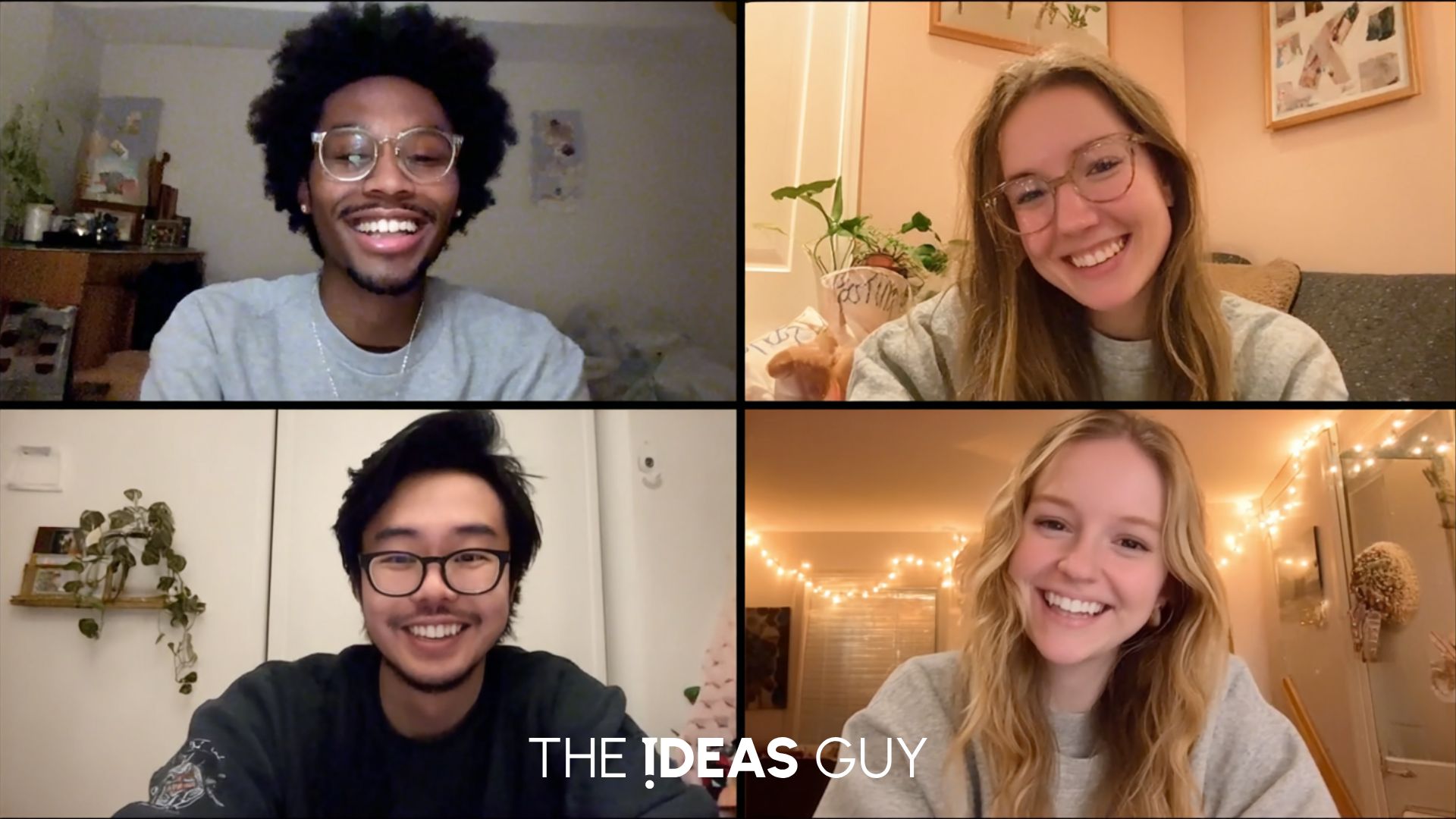
We're now navigating hybrid friendship models without any cultural template for success. Should you feel guilty for taking three days to respond to a message? Is it rude to prefer voice calls over video? When does digital communication become a substitute for genuine connection rather than a supplement to it? We're making up the rules as we go along, often badly.
The Friendship Economy
As I alluded to earlier, research examining 20 million UK residents found that communities with higher rates of friendship between low- and high-income individuals have higher rates of upward mobility. The mate who mentions a job opening, provides a professional reference, or offers business advice isn't just being helpful - they're contributing to your economic wellbeing in measurable ways.
This instrumental aspect of friendship makes many people uncomfortable. It feels mercenary to acknowledge that relationships have economic value, yet ignoring this reality is naive. Your utility friends provide access to opportunities within specific contexts. Your geographic friends offer local knowledge and community connections. Your affinity friends might share professional networks within particular industries.
The key is recognising that mutual benefit is a normal aspect of healthy relationships without reducing connections to purely transactional terms. It's not about using people - it's about understanding that social capital and emotional support are intertwined in ways that previous generations took for granted but our individualistic culture has largely forgotten.
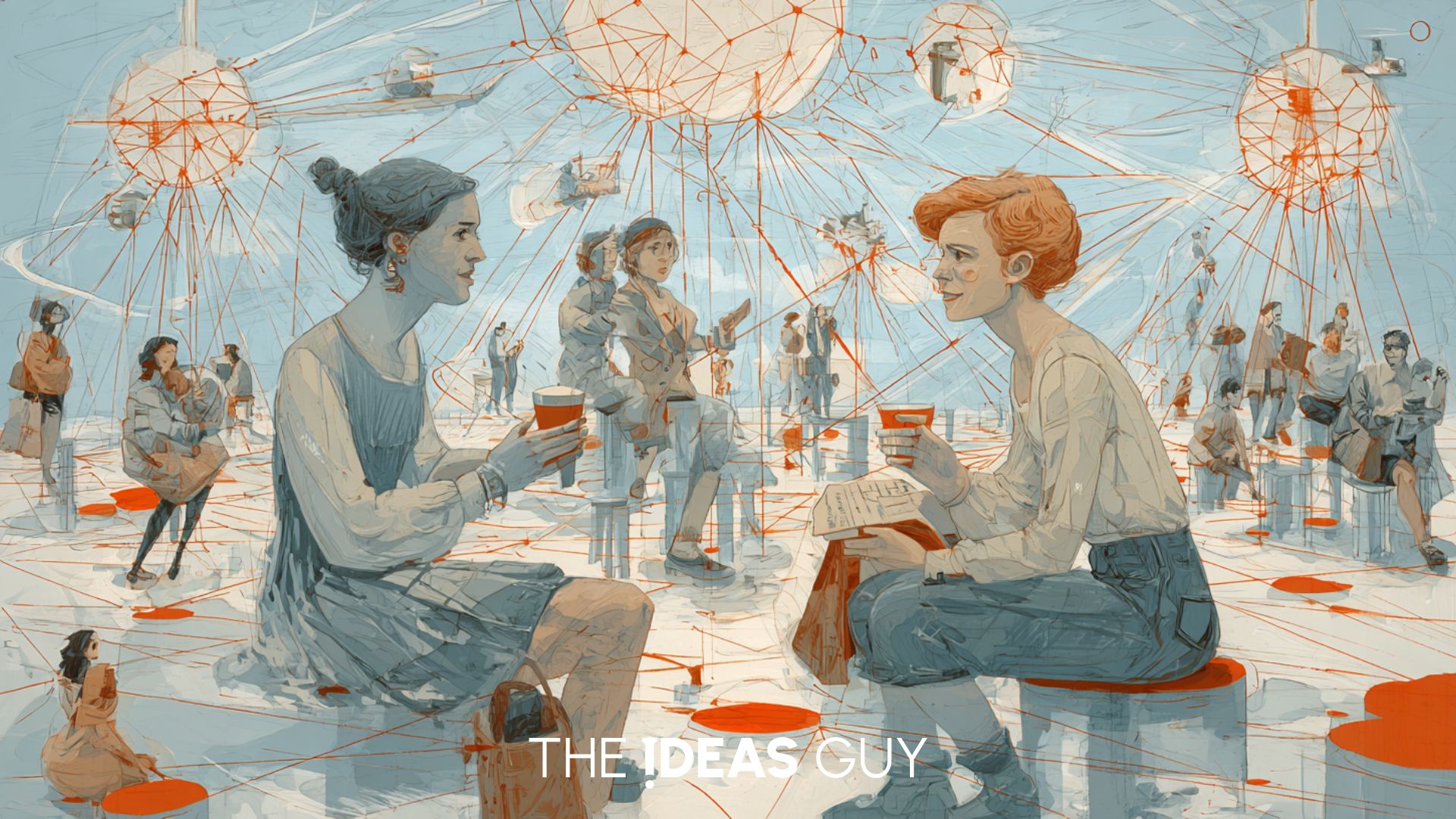
Different types of friendships provide different forms of social capital, and understanding this can help you build more strategic networks while maintaining authentic relationships. The soul friend who talks you through a career crisis provides emotional support that enables risk-taking and resilience. The colleague who knows which projects are coming down the pipeline offers practical intelligence. Both contributions matter.
The Skill of Social Curation
Perhaps the most important modern skill is friendship curation - recognising what types of relationships you have and managing them appropriately. This isn't calculating; it's realistic. Good curation starts with self-awareness. What social needs do you have? Intellectual stimulation, emotional support, shared adventures, or simply pleasant companionship? Different people have different requirements, and these change across life stages.
It also requires an honest assessment of your capacity. How much emotional energy do you have for maintaining relationships? What time constraints do you face? Which social interactions energise versus drain you? Understanding your resources helps you invest them wisely. (It’s also why we bring social battery stickers to our in-person events so that people can turn up and be honest about their authentic self right now!)
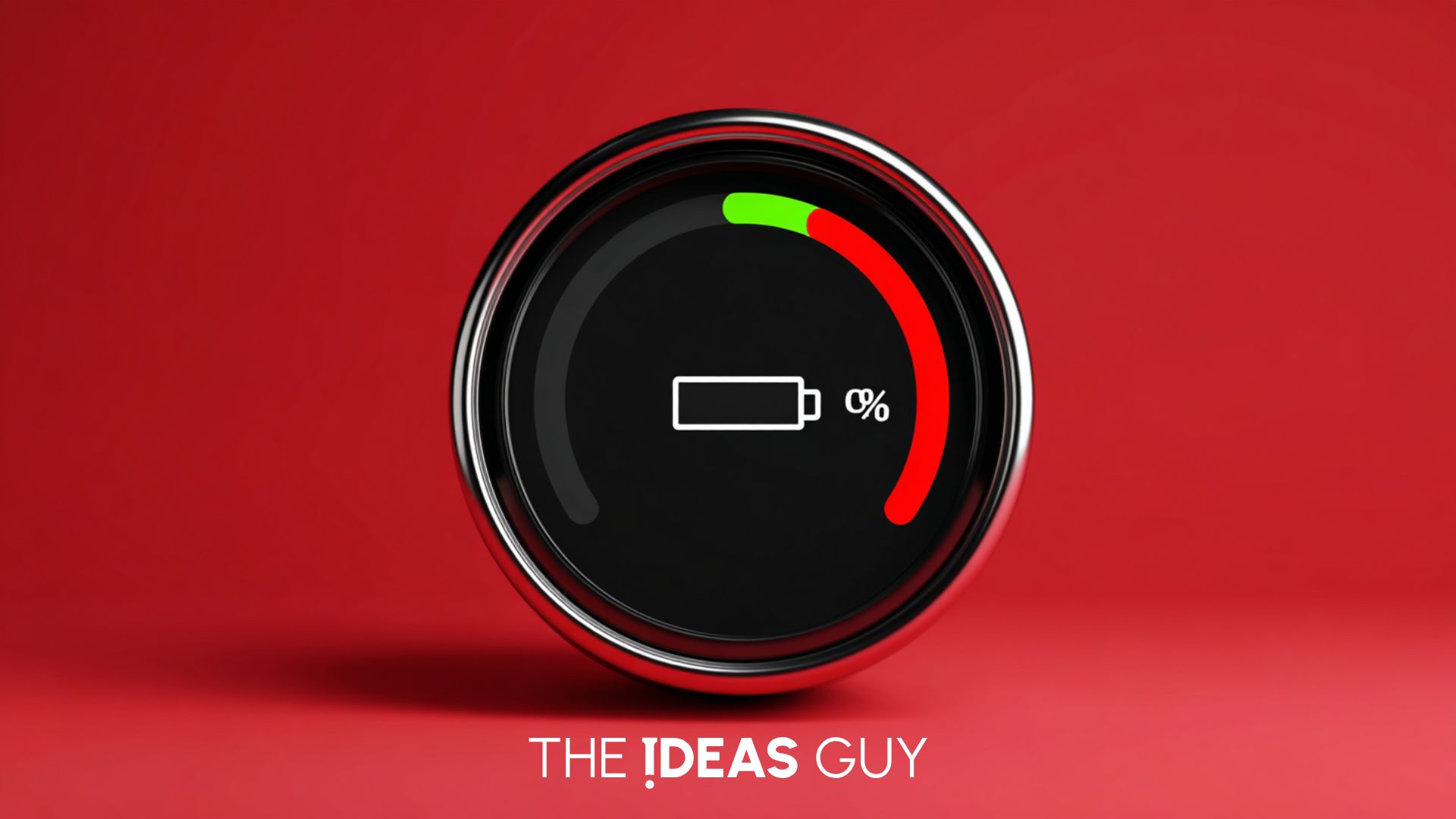
The goal isn't equal relationships across all categories but a balanced portfolio that meets your various needs sustainably. You might have many utility friends, several geographic connections, a few affinity relationships, and one or two soul friendships. There's no correct formula.
What matters is appreciating what you have rather than lamenting what you lack. The colleague who makes your workday pleasant isn't failing by not becoming your confidant. The neighbour who waters your plants isn't deficient for not sharing your deepest interests. Each relationship serves its purpose.
Fighting the Friendship Recession
We're experiencing what researchers call a friendship recession. Britons are reporting fewer close friends and more loneliness than previous generations. One in five say they became distanced from close friends over the last 5 years, and many of those relationships haven't recovered.
Multiple factors contribute: geographic mobility breaking up natural networks, career demands consuming time and energy, digital communication providing the illusion of connection without its substance, urban living creating physical proximity without social bonds.
But understanding different friendship types offers hope. Rather than expecting every relationship to meet every need, we can build diverse social portfolios. We can appreciate utility and geographic friendships for their genuine value rather than dismissing them as inadequate substitutes for deeper connections.
This requires intentionality. Join clubs, spend time in public spaces, volunteer for causes you care about, be open to casual conversations with strangers. The research is clear: friendship quality matters more than quantity for wellbeing. Investing deeply in fewer relationships may be more beneficial than maintaining large networks of superficial connections.

Key Takeaways
- Abandon friendship hierarchies. Different types of friendship serve different purposes. Utility and geographic friendships aren't lesser relationships - they're different relationships that meet specific social needs.
- Match expectations to reality. Understanding what type of friendship you have helps set appropriate expectations. Don't expect your gym buddy to provide the emotional support of a soul friend, but don't dismiss their genuine contribution to your wellbeing.
- Invest strategically. You have limited emotional energy. Distribute it wisely across different types of relationships rather than trying to deepen every connection equally.
- Accept natural evolution. Friendships change as circumstances and people change. Rather than clinging to relationships that have served their purpose, appreciate what they provided and allow them to evolve naturally.
- Build diverse social portfolios. Aim for a mix of relationship types rather than expecting one or two friendships to meet all your social needs. Balance utility, geographic, affinity, and soul connections.
- Create opportunities for connection. Friendship formation requires repeated, unplanned interactions. Put yourself in situations where these can naturally occur rather than waiting for perfect matches to appear.
- Value what you have. Rather than focusing on friendship deficits, appreciate the connections you do have for what they actually provide. The pleasant small talk with the shop assistant counts as social connection.
The human need for connection is universal, but the forms that connection takes are endlessly variable. By understanding and appreciating this variety, we can build richer, more sustainable social lives that meet our diverse needs for companionship, support, and belonging. The goal isn't to have perfect friendships but to have real ones - messy, imperfect, and wonderfully human connections that make life more bearable and occasionally, genuinely joyful.
In a world that increasingly sorts us into like-minded clusters and digital echo chambers, maintaining diverse friendship portfolios becomes not just personally beneficial but socially essential. Our varied connections are bridges across difference, opportunities for empathy and understanding, and reminders of our shared humanity. They're worth cultivating, protecting, and celebrating in all their imperfect glory.
Further Reading
Discover more interesting articles here.
.png)
